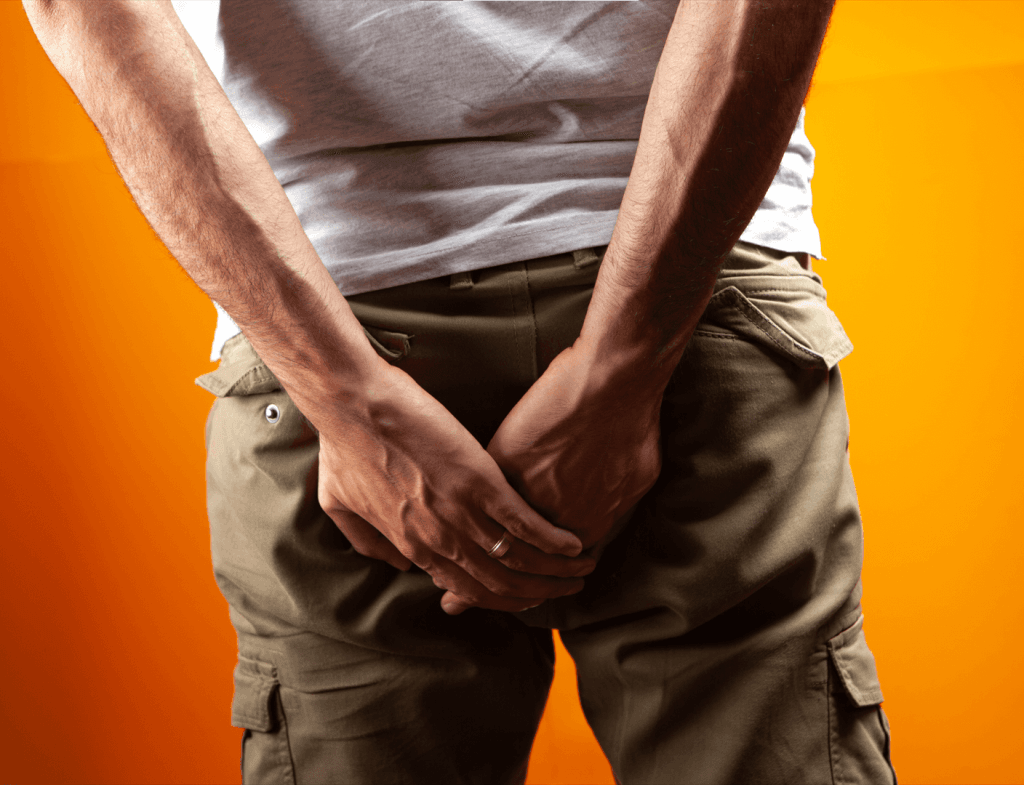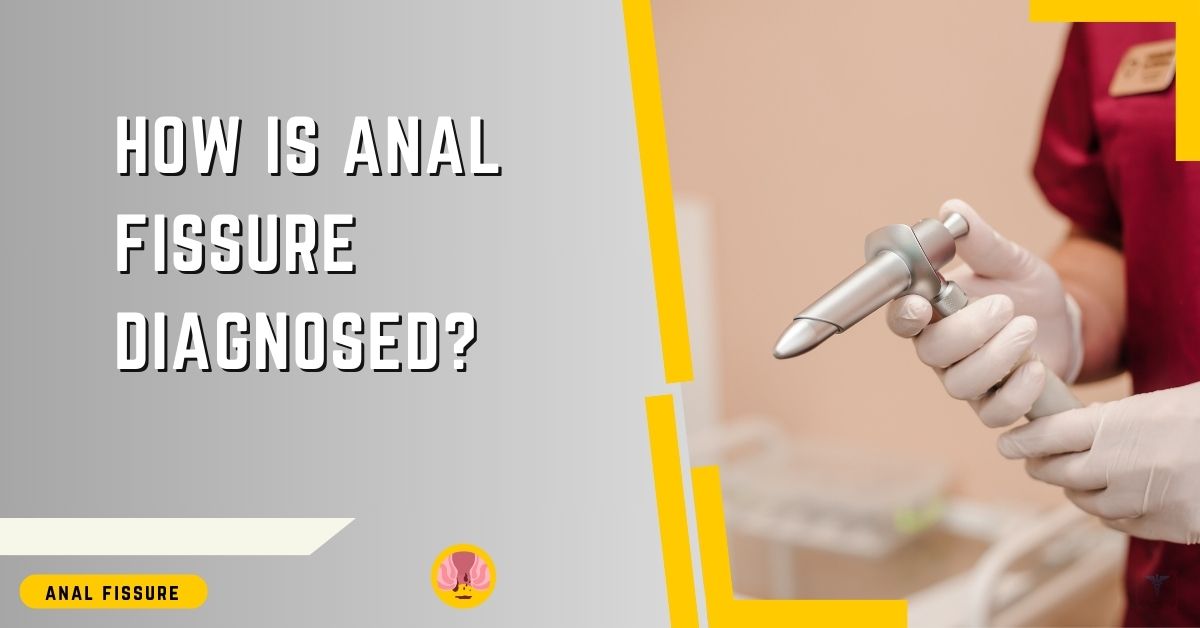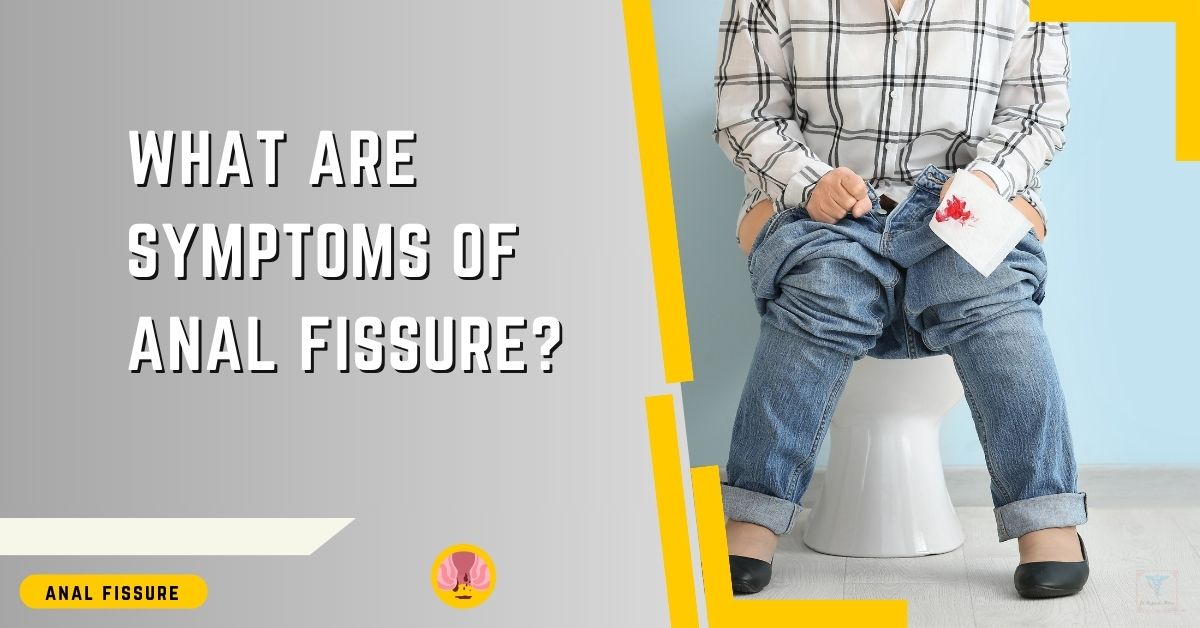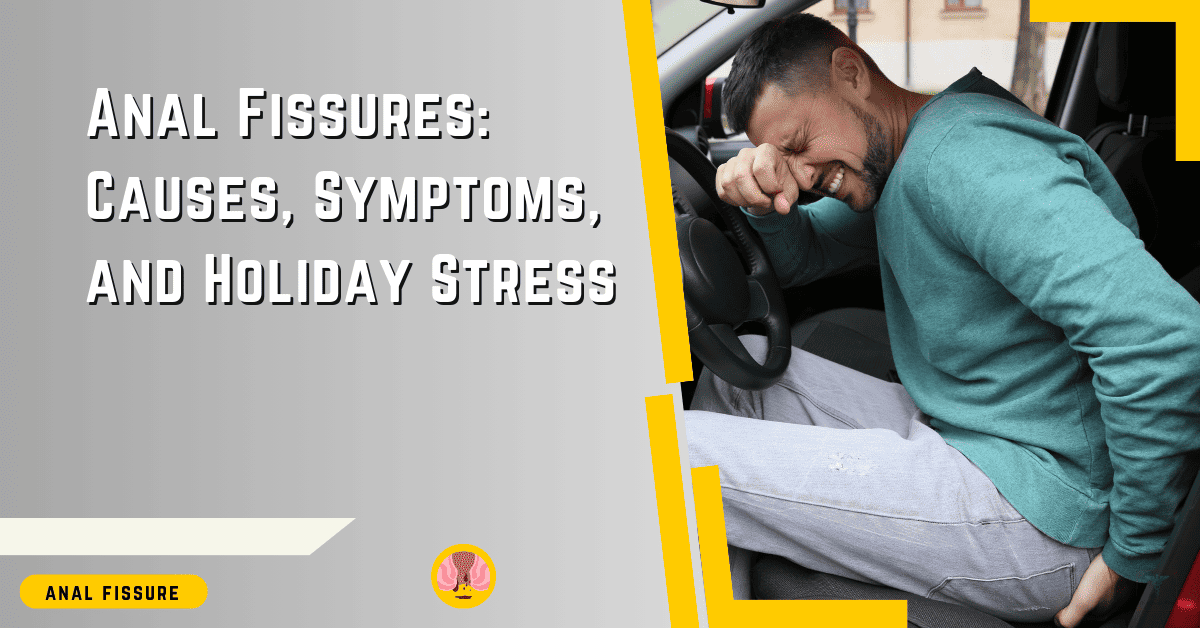As you wind your pocket watch and prepare for the frosty embrace of winter, it’s not just the flu you should be wary of—anal fissures can also rear their uncomfortable head during the chilly season. Yes, anal fissures and winter can be a problematic combination.
You might wonder why these small tears in the lining of the anus seem more prevalent when the mercury dips.
Well, the answer lies in the cold air’s propensity to dry out the skin, including the delicate areas, making them more susceptible to cracking and fissures. But don’t worry; there are ways to prevent this painful condition from putting a damper on your winter wonderland.
From dietary adjustments to specific self-care practices, you can take steps to ensure the health of your posterior remains intact. Stay tuned for a comprehensive guide on shielding your derrière from the harsh winter elements.
Anal Fissures And Winter: What To Do?
- Winter can worsen symptoms of anal fissures due to cold air and reduced physical activity.
- Maintaining warmth in the anal area through appropriate clothing and warm water cleansing can provide relief.
- A balanced diet rich in fiber, adequate hydration, and regular exercise are important for preventing anal fissures and maintaining anal health.
- Seek medical attention for severe pain or bleeding, persistent or worsening symptoms, history of digestive disorders, signs of infection, or changes in bowel habits.

Understanding Anal Fissures
Experiencing a sharp pain during bowel movements can indicate the presence of an anal fissure, a small but significant tear in the lining of your anus. Recognizing the symptoms of anal fissures, like severe pain during bowel movements and bright red bleeding, is essential in addressing this condition.
You might also notice blood on the toilet paper or itching and irritation around the skin of your anus. These small tears can develop when passing hard stool, leading to intense discomfort.
Preventing anal fissures is pivotal to maintaining your well-being. It involves fostering regular bowel movements through a balanced diet rich in fiber and ensuring adequate hydration.
It’s also critical to avoid straining during bowel movements, as this can exacerbate the condition. Practicing good anal hygiene contributes to prevention and aids in healing.
When it comes to healing, some anal fissures may resolve without intervention, typically healing within a few weeks. However, chronic anal fissures might require medical treatment.
This can range from home remedies, such as sitz baths to relax the anal sphincter and improve blood flow, to more advanced interventions, including topical ointments or surgical procedures. Always seek professional advice if pain persists or fissures recur.
Winter’s Impact on Anal Health
While managing anal fissures already requires attention to diet and bowel habits, the cold months of winter present additional challenges for your anal health. The crisp air can lead to drier skin around the anal area, which might exacerbate the discomfort associated with anal fissures.
It’s essential to understand that the chill of winter can intensify the symptoms you experience, including pain and itching during and after a bowel movement.
To combat these adverse effects, it’s crucial to maintain warmth in the anal area. Dressing in appropriate layers and using warm water for cleansing can provide relief. A sitz bath, in particular, can be incredibly soothing and offers pain relief for irritated tissues.
Moreover, winter’s tendency to reduce physical activity can contribute to constipation—a risk factor for anal fissures. To prevent this, ensure you’re moving regularly and incorporating a fiber-rich diet. Drink plenty of fluids to keep your stools soft, which is a cornerstone of preventing anal fissures.
Dietary Measures for Prevention
To prevent anal fissures, incorporating a diet high in fiber from sources like legumes, whole grains, and fresh produce is critical, as it helps ensure regular and soft bowel movements. Fiber acts as a natural agent to bulk up your stools, making them easier to pass and thus reducing the risk of tears in the anal canal.
You’re not alone in this struggle; many find relief by adjusting their diet. Keep your stools soft by also staying well-hydrated. Water works in tandem with fiber to facilitate smoother bowel movements. Don’t underestimate the power of home remedies; they can complement your dietary efforts.
Additionally, exercising regularly promotes intestinal movement, which is essential for preventing constipation and maintaining overall anal health.
This sense of community in pursuing health is vital; you’re part of a collective endeavor to nurture well-being.

Essential Self-Care Practices
Amid the chill of winter, you can safeguard your anal health with essential self-care practices that are straightforward and effective. A fiber-rich diet, filled with legumes, whole grains, and a variety of fruits and vegetables, enables regular bowel movements and serves as a fundamental prevention strategy against anal fissures.
This dietary approach helps mitigate the risk of constipation, a primary contributor to the development of painful anal conditions.
Integrating regular exercise into your daily life stimulates intestinal movement, thereby further reducing the risk of anal problems. Exercise enhances blood flow, which is crucial for maintaining healthy skin and promoting healing.
Moreover, immediate restroom use when the urge arises maintains rectal muscle strength and prevents undue strain.
To keep the area clean and reduce the risk of infection, practice gentle cleaning and avoid harsh irritants. Keeping the area dry, especially during winter months, is vital to prevent moisture buildup that can exacerbate skin issues.
If you’re experiencing persistent constipation or recurring pain from anal fissures, seek medical advice without delay. Your healthcare provider may recommend calcium channel blockers to relax the muscles and ease discomfort.
When to Seek Medical Attention
Should you experience severe anal pain or notice bleeding, it’s imperative to seek immediate medical attention. Anal fissures can cause severe pain during and following bowel movements, and if you see bright red blood, it may be a sign that a fissure is present.
While many fissures heal with home care, such as keeping the area clean and applying topical calcium channel blockers to relax the muscles, some situations require more intervention.
Persistent or recurring anal fissures warrant a visit to your doctor. If you’ve followed self-care measures and the fissure fails to improve or worsens, it’s crucial to get professional advice. This is particularly important if you have a history of digestive disorders, such as inflammatory bowel disease, which could complicate your condition.
Furthermore, if you notice any signs of infection around the anal area, including redness, swelling, or discharge, or if there are changes in your bowel habits, you must see a doctor. These symptoms could indicate a more serious underlying condition.
Final Note From Dr. Rajarshi Mitra
In a nutshell, don’t let the winter months crack your resolve to maintain anal health. Uphold a fiber-rich diet and stay hydrated; these are your best bets against fissures.
Remember, self-care is paramount, so heed your body’s signals and don’t strain.
If trouble persists, don’t sit on it—seek medical expertise. Your diligence in prevention and care is the key to keeping discomfort at bay and staying on top of your well-being.
FAQs
Is It OK to Put Vaseline on Fissures?
Yes, you can apply Vaseline gently to fissures as a moisture barrier, using proper application techniques for skin protection. Consider healing ointments or petroleum jelly alternatives for lubrication and soothing relief. Always consult a healthcare professional.
What Promotes Fissure Healing?
To heal fissures, you’ll want to increase fiber intake, stay well-hydrated, and consider stool softeners. Gentle wiping, sitz baths, and warm baths can soothe. Manage pain, reduce stress, and maintain regular exercise for recovery.
What Can Make Fissures Worse?
Fissure triggers like hard stools and constipation risk worsen your condition. Spicy foods, dehydration effects, excessive wiping, prolonged sitting, stress impact, tight clothing, and dietary irritants contribute to aggravation, demanding careful management for relief.
Why Are Hemorrhoids Worse in Winter?
Hemorrhoids flare up in winter as cold weather and indoor heating increase dehydration risk, reducing blood flow. Sedentary lifestyles, winter clothing, and diet changes exacerbate symptoms, while stress levels during holidays can worsen discomfort.
Dr. Rajarshi Mitra is a patient-centered, highly-rated Specialist Laparoscopic Surgeon & Proctologist in Abu Dhabi, offering Advanced Laparoscopic Surgery, Minimally Invasive Proctology & Lasers in Proctology. He is MBBS; MS (Surgery); FIAGES; FICS (USA); Dip. Lap (France); and Dip. Hernia (APHS) with 18 years of extensive experience in Laparoscopic Surgery, Minimally Invasive Proctology and Fellowship training in Colorectal and Bariatric Surgery.




























